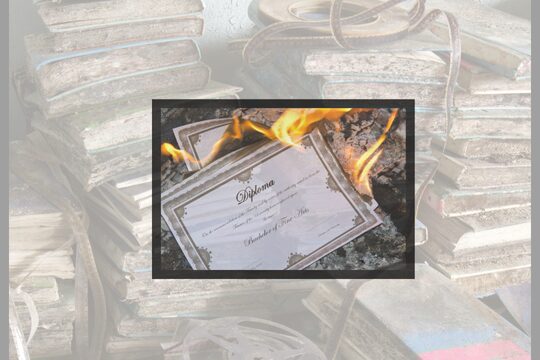By Mark Doggett
Nobody seems happy with public education these days. Teachers, parents, students, and employers are all upset, but for different reasons.
Teachers say there are too many problems in the classrooms, and they don’t make enough money. Combining state, local, and federal dollars, Kentucky spends about $34,000 per student on education, about average compared to other states. I support teacher pay increases. But there’s little evidence just spending more money leads to better student outcomes.
Only 45% of students are proficient in reading. Less than a third are proficient in math. Yet these students are graduating. Teachers are no longer allowed to fail students. If I’m going to pay more, I want better results.
Parents found out what their kids are learning during COVID, and it doesn’t match their expectations. Dr. Gary Houchens raised the warning flag when he stated, “since 2017, the number of students participating in nonpublic education has increased by 20,000, a growth of more than 26%. Students in nonpublic schools now represent more than 15% of the state’s student body.” (Courier Journal August 15, 2022).
At the national level, the exodus from public schools is estimated between 1.4 to 2 million. Some of this is attributed to demographic factors, but parent dissatisfaction is a significant portion.
Students spend too much time on their devices and too little time learning. WKU President Caboni in January 2023 acknowledged that less than 50% of graduating high school students are interested in pursuing higher education.
The perception of education’s value is important. We read stories of students graduating who are functionally illiterate. The National Center for Educational Statistics found that 40% of students entering post-secondary schools have not earned a credential eight years later.
Employers need workers. But the boss expects them to show up. The Society for Human Resource management estimates that one-third of companies have eliminated requirements for college degrees. Firms now state they value experience over education. Dr. Aaron Hughey said, “If a student can acquire – and be successful – in a job they could have secured without going to college, then we have a system that is inherently flawed” (Courier Journal January 5, 2023).
The current state of education is like the U.S. auto industry of the early 80s. Automakers thought mass production would ensure success, even with poor quality. Inflated graduation rates are like the automotive production line. Get as many students through with as few dropouts as possible. Take their money. Give them a piece of paper.
Instead, let’s prompt both high graduate rates and high academic standards. High standards mean both teachers and students must be accountable. This will result in more failures, which is of course unacceptable in a mass production environment.
Public institutions know their quality is not improving. Parents and students are choosing other options. Let’s hope educators see the light as the U.S. automakers did and again produce high quality.
Mark Doggett, PHD

About Mark
Mark Doggett is a professor in the School of Engineering and Applied Sciences at Western Kentucky University.

